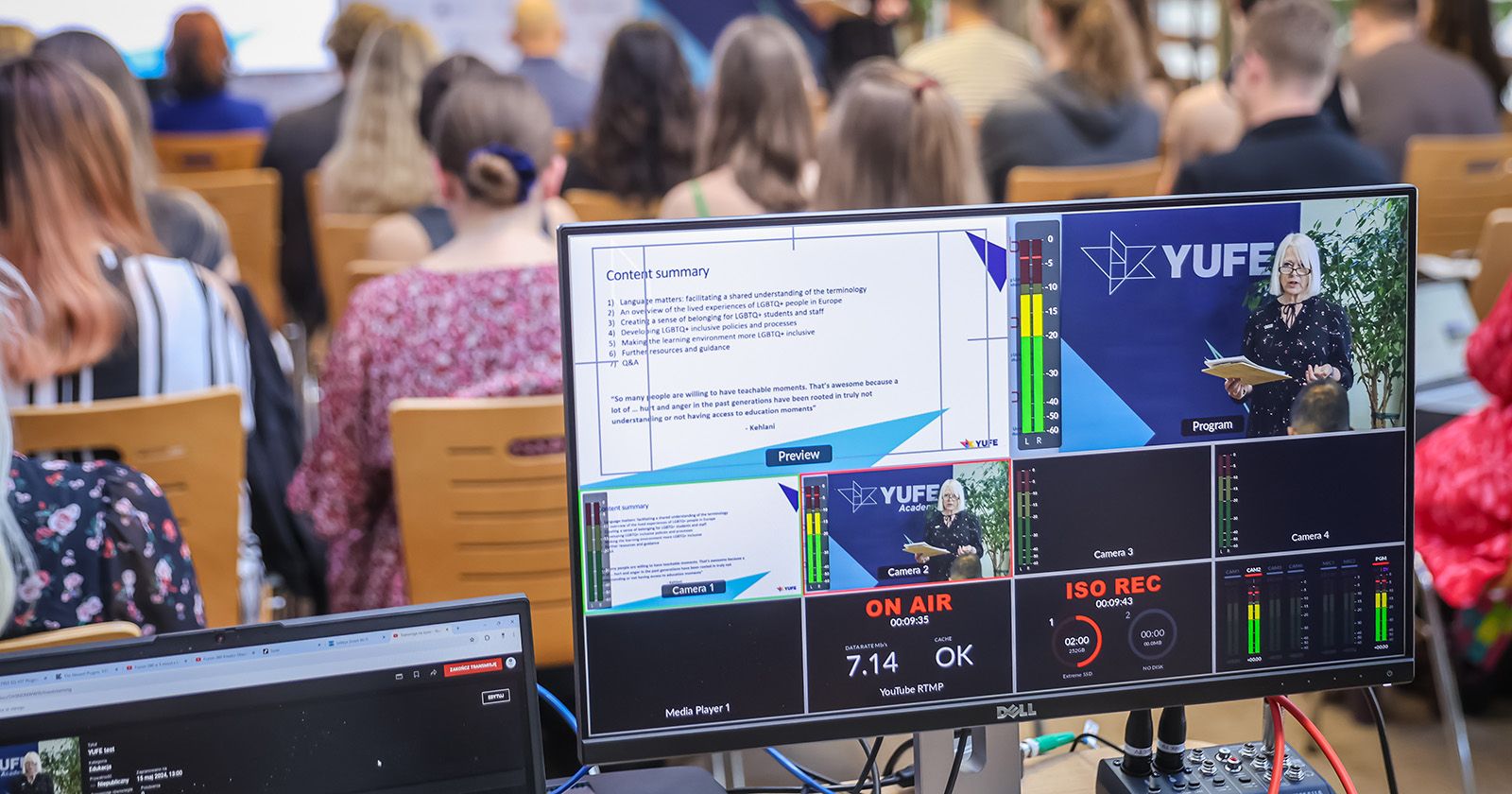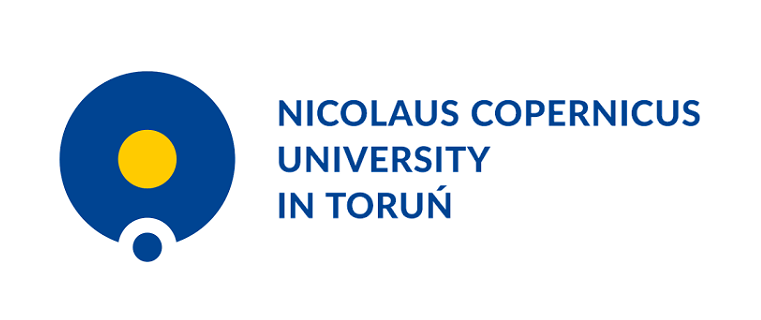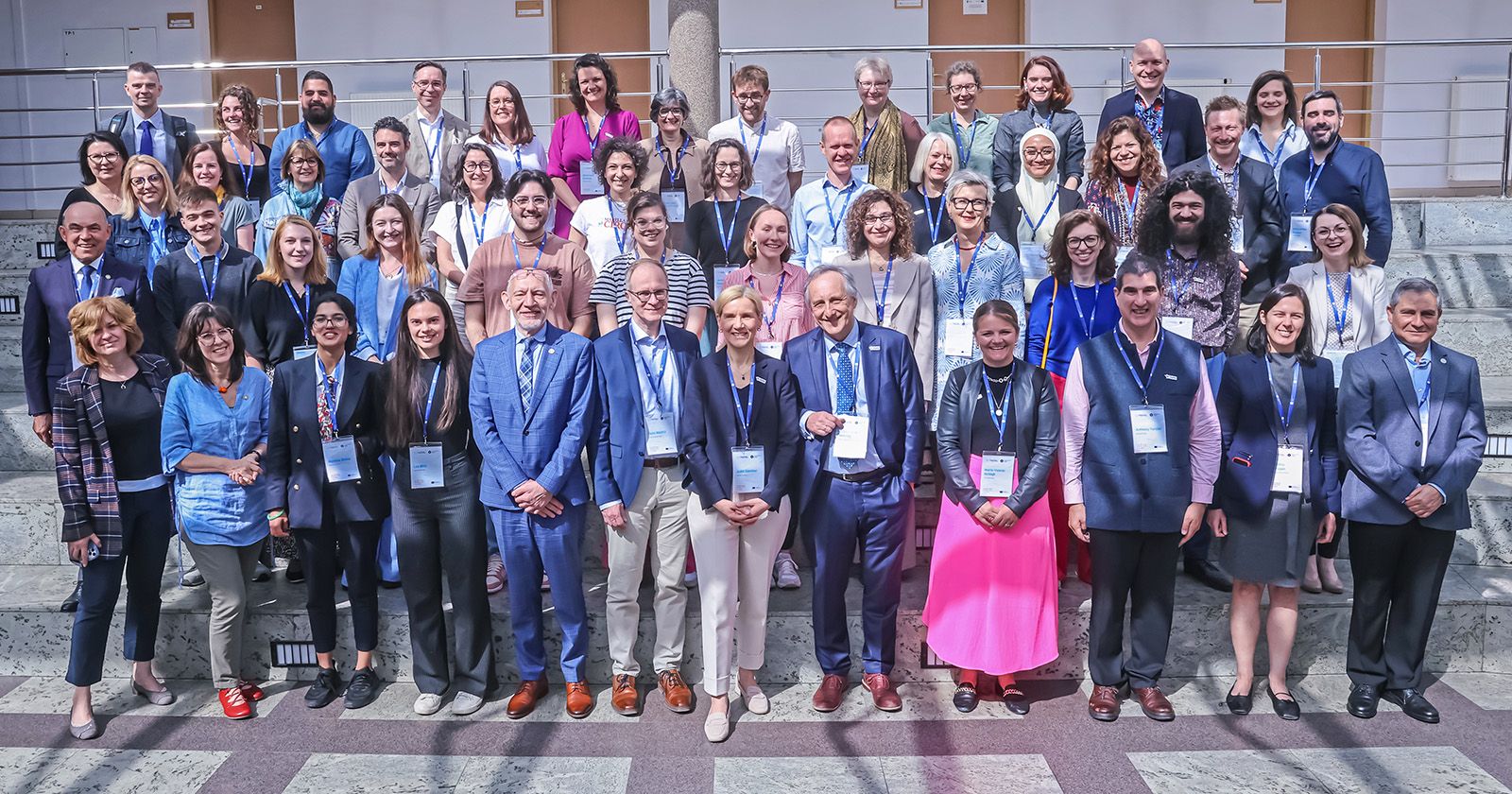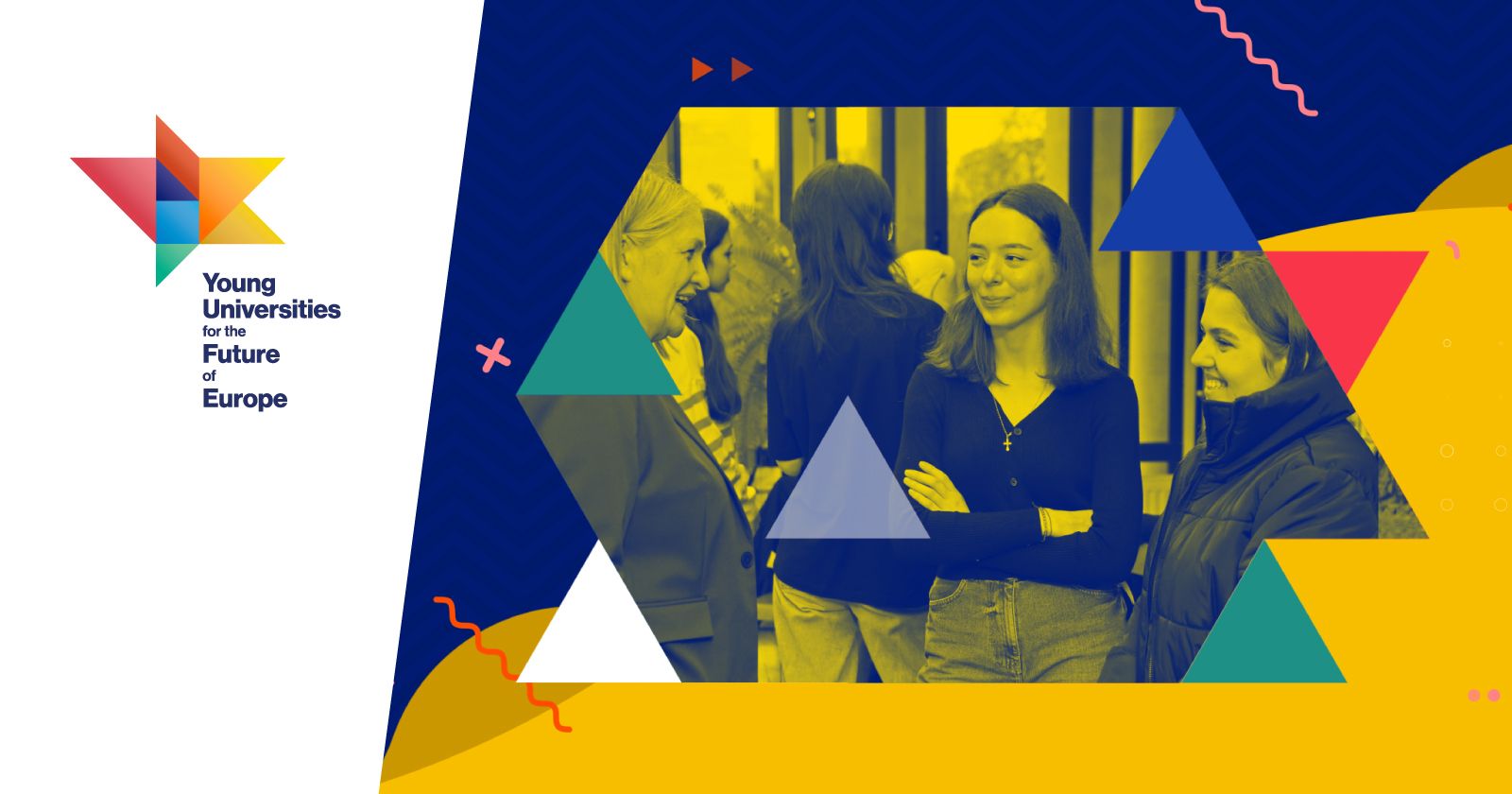 Campus life
Campus life
YUFE is engaging the community
What are the legal and social challenges of integrating refugees into a new community? How to effectively provide support to those forced to migrate and those who assist them? What is the phenomenon of empathy fatigue and how to deal with it? These are just a mere fraction of the issues that will be addressed by the emerging YUFE Community Engagement Network.
YUFE's International Community Engagement Network is designed to facilitate collaborative community action, the sharing of knowledge and good practice, and to create opportunities to implement a reverse knowledge transfer model from society to the academic community.
The pilot edition of the project implemented by the NCU and 9 other YUFE partner universities is focused on issues related to forced migration. In particular, the offer is addressed to people from all over Europe employed or volunteering in institutions and organisations working with people with migration experience, representatives of local authorities shaping local policies and taking action in favour of people with migration experience, journalists covering events related to migration, as well as interested students, researchers on this issue.
The inaugural event of the Network were two lectures and an online discussion around the theme 'Wartime refugees: legal aspects of protection and cultural background of integration' on Thursday 23 May.
Dr Piotr Sadowski from the Faculty of Law and Administration gave a lecture entitled 'Temporary protection of "refugees from Ukraine" - an added value in comparison with other forms of international protection', concerning, inter alia, the European Union asylum system and the distribution of humanitarian aid to persons in need of international protection. In her lecture entitled "Cultural background of relations and attitudes towards wartime Ukrainian refugees in Poland", Dr Joanna Książek from the Faculty of Humanities pointed to a number of cultural aspects shaping social moods and attitudes towards migrants and influencing mutual relations. Both talks were intended as a prelude to a discussion on the legal and social challenges related to the integration of refugees and foreigners in host countries and communities.
A further link to create a YUFE network will be the workshop scheduled for 13 June, 'Face to Face with Otherness', which will be led by anthropologist and educator Renata Lesner-Szwarc, addressing topics including: the impact of cultural differences on the adaptation process, psychological and psychosocial first aid and the phenomenon of empathy fatigue. For more information on how to participate in the workshop: kasiafus@umk.pl.
Further workshops and networking meetings for those interested in international cooperation, deepening knowledge and exchanging experiences are planned for the 2024/2025 academic year.
 NCU News
NCU News







 Campus life
Campus life

 Campus life
Campus life